calsfoundation@cals.org
Wilson (Mississippi County)
| Latitude and Longitude: | 35°34’05″N 090°02’31″W |
| Elevation: | 233 feet |
| Area | 1.05 square miles (2020 Census) |
| Population: | 766 (2020 Census) |
| Incorporation Date: | March 19, 1959 |
Historical Population as per the U.S. Census:
|
1810 |
1820 |
1830 |
1840 |
1850 |
1860 |
1870 |
1880 |
1890 |
1900 |
|
– |
– |
– |
– |
– |
– |
– |
– |
– |
– |
|
1910 |
1920 |
1930 |
1940 |
1950 |
1960 |
1970 |
1980 |
1990 |
2000 |
|
– |
– |
– |
– |
– |
1,191 |
1,009 |
1,115 |
1,068 |
939 |
|
2010 |
2020 |
|
|
|
|
|
|
|
|
|
903 |
766 |
|
|
|
|
|
|
|
Wilson is located on U.S. Highway 61 in southeastern Mississippi County. It was founded as a company town around the sawmill and logging camp of Robert E. Lee Wilson, for whom it is named, and his father-in-law, Socrates Beall. It is an unusually attractive town with its entire downtown commercial district constructed in the English Revival, or Tudor, style and its streets all lined with large cottonwood trees.
R. E. Lee Wilson was a Mississippi County native who, after being orphaned at the age of thirteen in Memphis, returned to Arkansas at fifteen to work as a wage laborer on a farm near Bassett (Mississippi County). He began farming a portion of his late father’s land a year later. By the time he was eighteen, he had traded his cleared farm for more than 2,000 acres of timber and had gone into the logging business. He established a sawmill at what is today Wilson in 1886, with residences and a company store going up at the same time.
Unlike most timber men, Wilson held on to his cleared land and began farming operations. The town of Wilson became the center of his operations. Constructed as a model town, its residents enjoyed a standard of living that was higher than the average for most Delta residents. In the 1930s, all households paid $1.25 to cover basic medical care and had access to healthcare from company doctors at a time when most people had none at all. Homes were rented for low monthly rates with lawn maintenance and water included in the rental price. After Wilson’s son, R. E. Lee Wilson Jr., and his new bride returned from their wedding trip to England, they set out to build a large home in the Tudor style. From the time it was finished in 1925, all buildings in Wilson were built in the same manner. Existing buildings were retrofitted with brick façades to obtain the Tudor styling as well. The cottonwood trees that shade the community were one of the first beautification projects. They were chosen because they had no commercial value, and no one would be tempted to cut them down.
In 1926, an African-American man named Albert Blazes was lynched for allegedly attacking a white girl. This event was noted in various newspapers as unusual because there were women as well as men who made up the mob.
Lee Wilson & Company operated the town of Wilson as a wholly owned subsidiary until after World War II. Its residents were all company employees, and no tax revenue was collected to assist with maintenance and upkeep of the town. By 1945, the town was operating at a considerable loss, and the company decided to sell the homes to their owners and incorporate the town. This allowed the town access to tax dollars, which finally stabilized it financially. The average price of a home in Wilson at the time was around $4,000. R. E. Lee Wilson III, who by this time was in charge of the operations, believed that individual ownership of homes made the residents happier and more involved in the success of the community.
With the increased mechanization in agriculture, fewer laborers were needed to successfully operate the Wilson farming operation. Residents of Wilson began seeking employment elsewhere. Today, most of the town’s residents commute to the larger communities in the region such as Osceola (Mississippi County) or Blytheville (Mississippi County) to work. However, since 2012, Wilson has undergone significant revitalization, with the Lawrence Group, which purchased Lee Wilson & Company in 2010, investing heavily in the community, including the installation of free Wi-Fi and the renovation of several local buildings. The Delta School, a private academy, opened in 2015, but it closed its doors in 2024, and the campus was taken over by Arkansas Northeastern College. Further developments have included the establishment two restaurants and the opening of the Louis Hotel, a luxury hotel, along with work on a golf course and spa.
Wilson is home to Hampson Archeological Museum State Park. The park is located on five acres on the north side of the town, on land donated by R. E. Lee Wilson III, and holds thousands of artifacts taken from the nearby Nodena Site and excavated by Dr. James K. Hampson. In 2007, the Wilson family donated additional land to the State of Arkansas to construct a new state-of-the-art facility to house this collection.
Football player Cortez Kennedy was born in Osceola but raised in Wilson. Musician John Oates made the album Arkansas after visiting Wilson.
For additional information:
Franco, Cheree. “Wilson, Then and Now.” Arkansas Democrat-Gazette, May 25, 2014, pp. 1E, 6E.
Koon, David. “The Wizard of Wilson.” Arkansas Times, May 5, 2016, pp. 14–22. Online at http://www.arktimes.com/arkansas/the-wizard-of-wilson/Content?oid=4395503 (accessed September 30, 2022).
LaRue, Christina. “Wilson Is City Returned to Glory.” Arkansas Democrat-Gazette, September 27, 2023, pp. 1D, 4D. Online at https://www.arkansasonline.com/news/2023/sep/27/wilson-is-city-returned-to-glory/ (accessed September 27, 2023).
Lee Wilson & Company Archives. Arkansas Digital Library. http://libinfo.uark.edu/SpecialCollections/ardiglib/leewilson/default.asp (accessed September 30, 2022).
Lee Wilson & Company Collection (Unprocessed). Special Collections. University of Arkansas Libraries, Fayetteville, Arkansas.
Nelson, Rex. “Cotton Culture: The Delta Town of Wilson Redefines Notions of What a ‘Boomtown’ Can Be.” Arkansas Democrat-Gazette, August 28, 2023, pp. 1H, 6H. Online at https://www.arkansasonline.com/news/2023/aug/27/the-delta-town-of-wilson-redefines-notions-of/ (accessed August 28, 2023).
Satterfield, Archie. Country Towns of Arkansas. Castine, ME: Country Roads Press, 1995.
Severson, Kim. “Arkansas Town’s New Owner Has Visions of Its Renaissance.” New York Times, January 19, 2014. Online at http://www.nytimes.com/2014/01/20/us/arkansas-towns-new-owner-has-visions-of-its-renaissance.html?_r=2 (accessed September 30, 2022).
Waldon, George. “Delta Draw.” Arkansas Business, May 29–June 4, 2023, pp. 1, 12–13.
Whayne, Jeannie. Delta Empire: Lee Wilson and the Transformation of Agriculture in the New South. Baton Rouge: Louisiana State University Press, 2011.
Cindy Grisham
Jonesboro, Arkansas
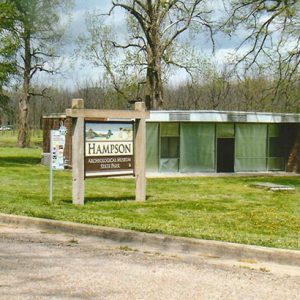 Hampson Archeological Museum State Park
Hampson Archeological Museum State Park 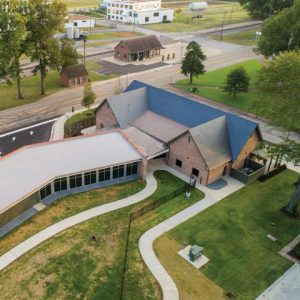 Hampson Archeological Museum State Park
Hampson Archeological Museum State Park 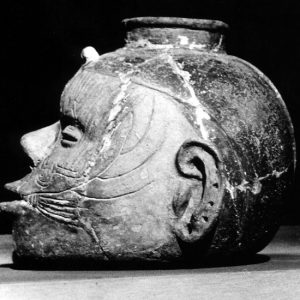 Head Pot
Head Pot 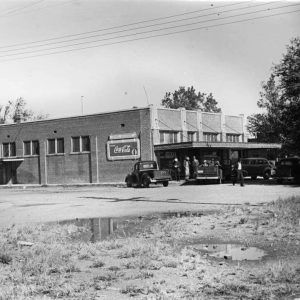 Idaho Grocery
Idaho Grocery 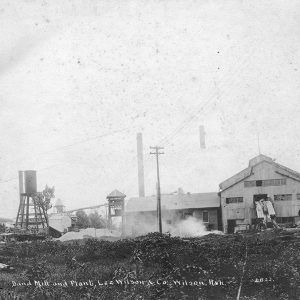 Lee Wilson & Co.
Lee Wilson & Co.  Lee Wilson & Company
Lee Wilson & Company  Lee Wilson & Company
Lee Wilson & Company 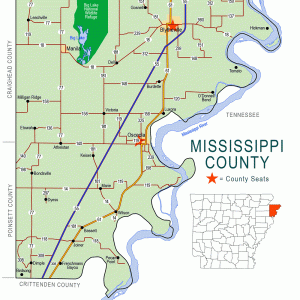 Mississippi County Map
Mississippi County Map  Tenant Farmers
Tenant Farmers 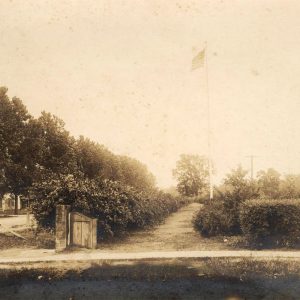 Wild Rose Park
Wild Rose Park 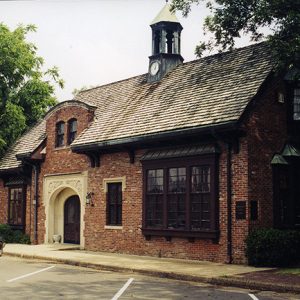 Wilson
Wilson 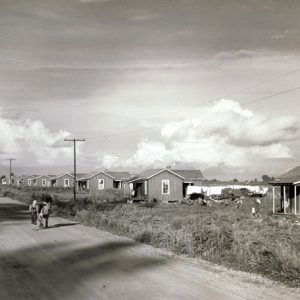 Wilson
Wilson 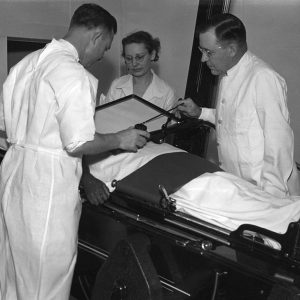 Wilson Clinic
Wilson Clinic 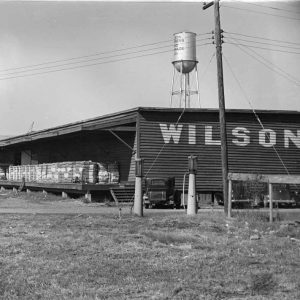 Wilson Cotton
Wilson Cotton 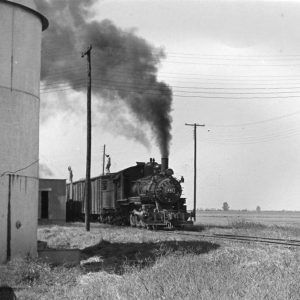 Wilson Depot
Wilson Depot 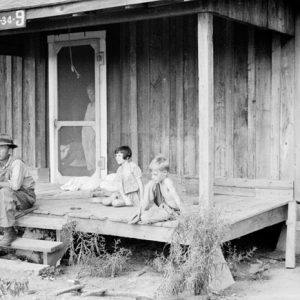 Wilson Plantation Sharecroppers
Wilson Plantation Sharecroppers  Wilson Store Interior
Wilson Store Interior 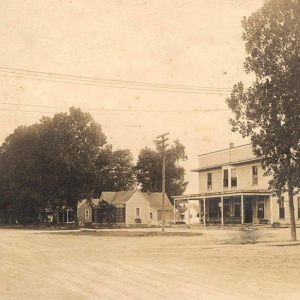 Wilson Street Scene
Wilson Street Scene 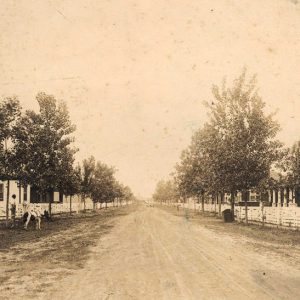 Wilson Street Scene
Wilson Street Scene 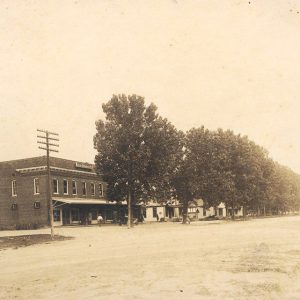 Wilson Street Scene
Wilson Street Scene 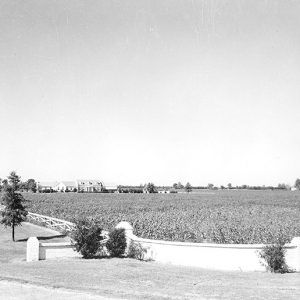 Wilson Plantation
Wilson Plantation 



My great-great grandfather, Hiram Pope, was an overseer for the Wilson Plantation. I’m hoping to get to that area some day soon. I have a lot of family history there.